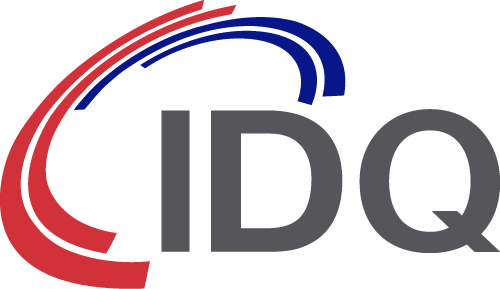IBM Announce Significant Development in Quantum Computing
For some time now, we have been keeping a close eye on the evolution of quantum computers. Once seen as mere science fiction, the massive strides made by technology giants in recent years have not only made them a reality, but one that is coming sooner than you think.
Earlier this month, IBM issued a press release, in which it made two significant announcements:
- First, the IBM Q system (a commercial quantum computing resource available from the IBM Cloud) received a significant upgrade, enabling clients to benefit from access to a 20-qubit processor. This is a significant development, given that the IBM Q Experience only went online 18 months ago, and has already progressed from a 5-qubit system, through 16-qubits to the latest 20-qubit incarnation (further upgrades are planned throughout 2018).
- Second, IBM announced that they have successfully built and measured a prototype 50-qubit processor. This is an expansion of the commercialised 20-qubit processor’s architecture and should see its way into the Q ecosystem sometime next year.
IBM’s open-access quantum computing ecosystem has seen significant growth in the past 18 months. Over 60,000 users have run more than 1.7million quantum experiments. Earlier this year, IBM launched an open-source SDK, enabling users to program and run quantum computers online.
Does this mean that the era of quantum computing has arrived?
Well, these advances do need to be tempered slightly. The creation of a stable 50-qubit quantum computer does represent a significant milestone. In fact, it was previously thought that a 49-qubit quantum computer would reach what is known as “quantum supremacy”, i.e. that this quantum computer would be able to perform some calculations, which could not be performed by a classical super-computer. However, this has been proven wrong. In its own blog entitled, “Breaking through the 49 Qubit simulation barrier”, back in October, IBM describes a classical system, which is able to simulate a 56-qubit quantum computer. So, a 50-qubit device can undertake complex applications, but these are not yet beyond the capabilities of today’s super computers. In addition, the quantum state of the device is only preserved for 90 microseconds. This limits the calculations that it is able to make. Clearly, there is still some way to go before the quantum computer becomes a viable alternative.
In his Geek Reply post, contributor John Cusack looks to add some context to the recent announcement and points to some real-world applications of the quantum computer. However, the consumer applications of online betting and auctions are not what will be keeping IT professionals up at night.
The real threat is that all of the public key cryptographic solutions that the world relies upon to encrypt sensitive data are dependent upon the secrecy of the corresponding private key, which is only known to the sender. This secrecy is threatened by the emergence of quantum computers that can carry out complex factoring calculations in a fraction of the time taken by today’s classical computers. With a quantum computer of the right size, the private key could be calculated from the public key. This means that much of the infrastructure that is used to secure the world wide web would become vulnerable overnight, which is about the length of time a quantum computer would take to crack the encryption systems currently in place.
Ironically, the solution to this problem can also be found in the quantum world.
Quantum Key Distribution aka Quantum-Safe Cryptography
Quantum Key Distribution (QKD) exploits quantum principles to provide forward secrecy of encryption keys and prevent eavesdropping by unauthorised parties.
The battle between hacker and cipher has been raging for millennia. In most instances, a cipher is developed and the hacker discovers some way to crack it, so a new cipher is required. In a twist on the usual paradigm, quantum computers pose a threat to current cryptographic techniques, so QKD and quantum-safe cryptographic techniques are being developed before the hack becomes a reality.
ID Quantique is the world’s leading provider of QKD solutions. These QKD solutions provide the ultimate in quantum-safe security for long-term data protection.
For more on QKD and Quantum-Safe Security, visit our product pages.



